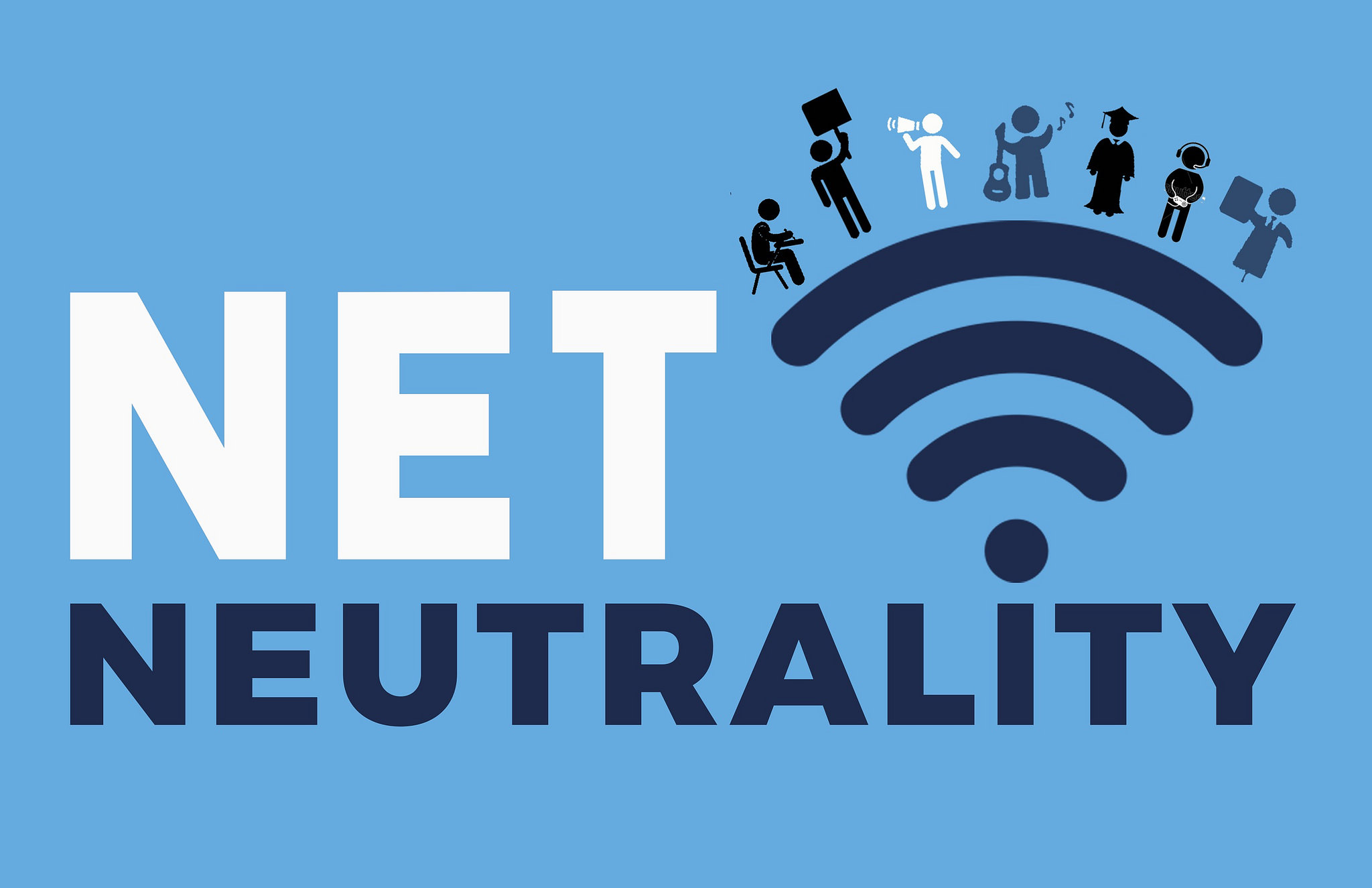While enrolled in COM 1450-02 this semester, my understanding and awareness of my relationship with technology has deepened significantly. Like most people, my relationship with technology is complicated, with both positive and negative aspects. Technology has impacted me in a myriad of ways through the years. I grew up during a period where personal technology was changing rapidly. The Apple iPod Shuffle, and eventually iPod Touch, were extremely popular, and the first iPhone was released when I was young. Since I have been exposed to having such technology in the palm of my hand for almost as long as I can remember, I have always been able to ‘pick up’ new tech relatively easily. While I started with a screen-less iPod at a young age, by middle school, I had a personal smartphone, and now find my iPhone, iPad, MacBook, and desktop PC to be essential to accomplish all of my responsibilities during the day. Today, I average 4-5 hours a day of screen time on my phone, which is, admittedly, an alarmingly high number.
This pervasive use and exposure to technology has had many benefits in my life. I have made in-person friendships with people that began as social media connections, and have developed potential career skills such as graphic design, photography, video production, web design, and more because of the advanced tech available in our devices. Financial tasks such as investing, online banking, and making credit or debit card payments are incredibly convenient with smartphone apps, and instant communication with nearly everyone in my life is available with my phone.
Personal technology such as my iPhone, Apple Watch, iPad, MacBook, and PC has, of course, had negative consequences for me as well. As someone who struggles with anxiety, the difficulty of properly conveying tone while using text and email often causes me stress, and the constant availability of work systems on my laptop has caused me to become somewhat of a ‘workaholic’. While I have a healthier relationship with social media now, when I was younger, I tended to worry and get depressed if my posts didn’t receive as many likes as my peers, and was often afraid to post certain things in fear of being bullied.
The lightning-fast advancement of technology is undoubtedly frightening, especially in today’s political and social climate. A portion of my extended family has, by social media and fringe ‘news’ websites, been led to believe that much of our government is made up of body-doubles, and a satanic group of child-abusers runs our country (and world). My family’s story is by no means unique. Far too many people in our country have been convinced of outlandish theories such as this, and similar conspiracies will surely arise in the future.
In a world dominated by personal technology, where everyone with a phone or computer has access to nearly all of human intelligence, a healthy fear or respect of technology is imperative. The classic phrase, ‘you can’t believe everything you read on the internet,’ has never been more true, and I can’t help but wonder how more advanced tech will benefit and hurt humanity and our world in the future.
https://www.bbc.com/news/53498434
https://www.mac-history.net/2022/12/16/timeline-the-history-of-apple-since-1976/
https://www.pbs.org/wgbh/americanexperience/features/telephone-technology-timeline/
https://www.helpguide.org/articles/mental-health/social-media-and-mental-health.htm






